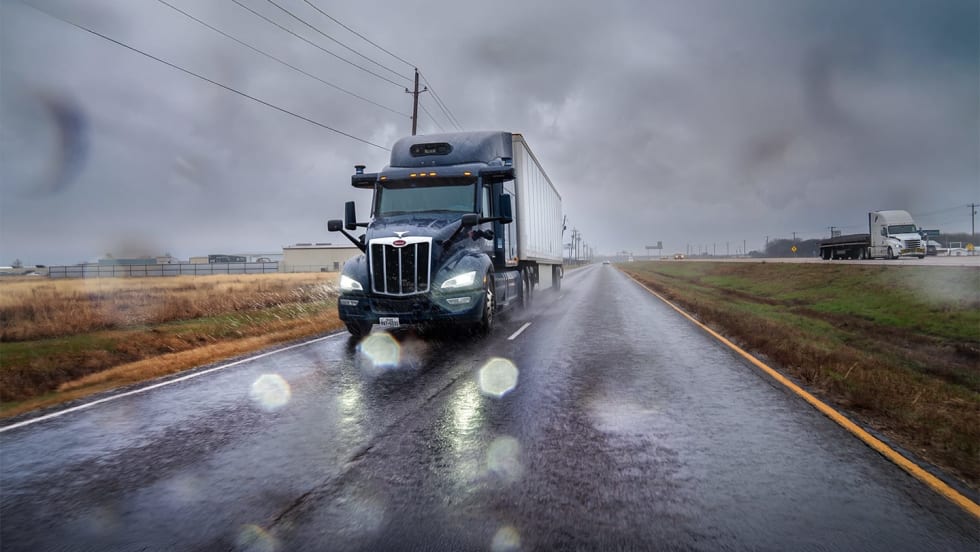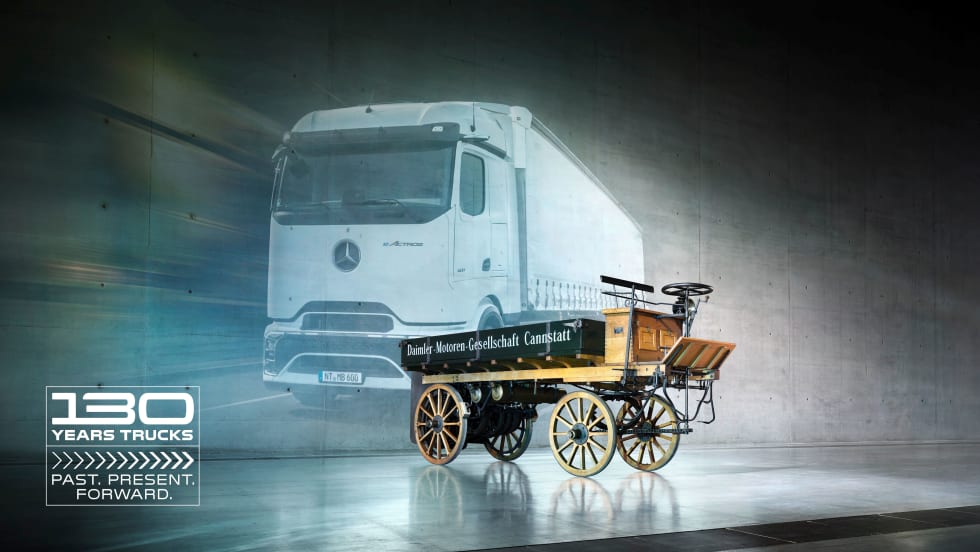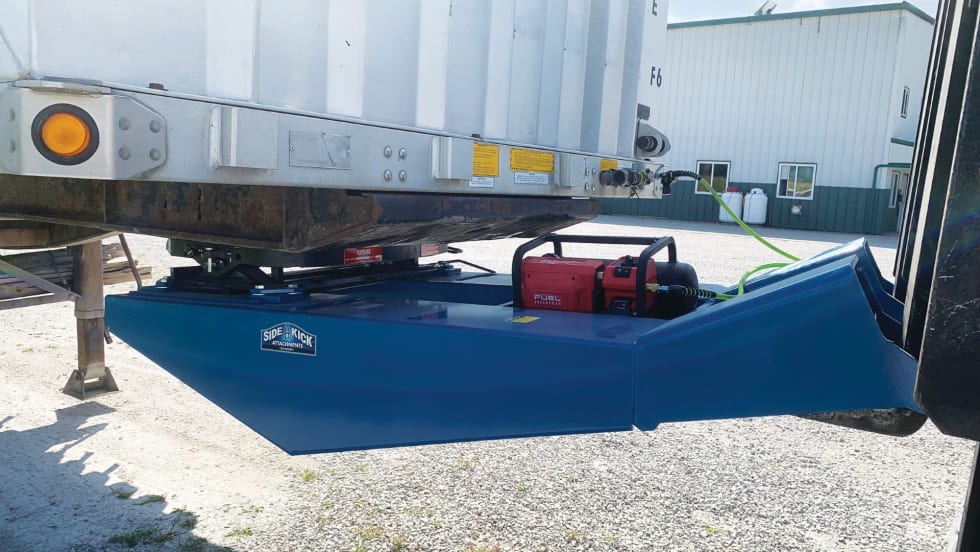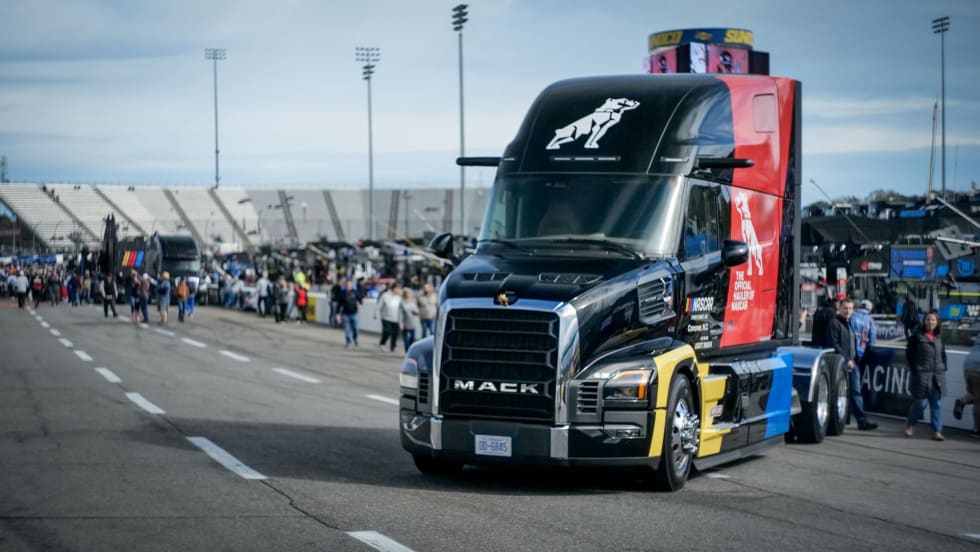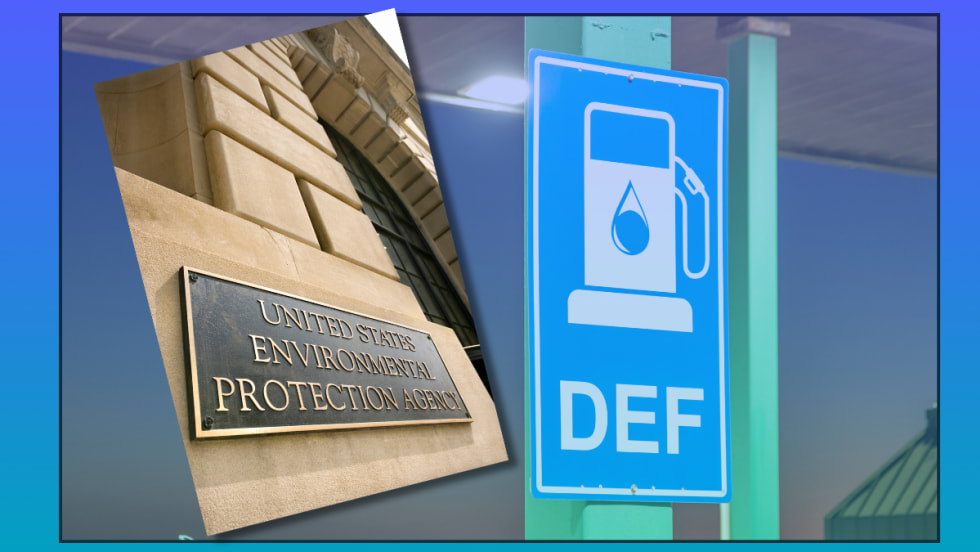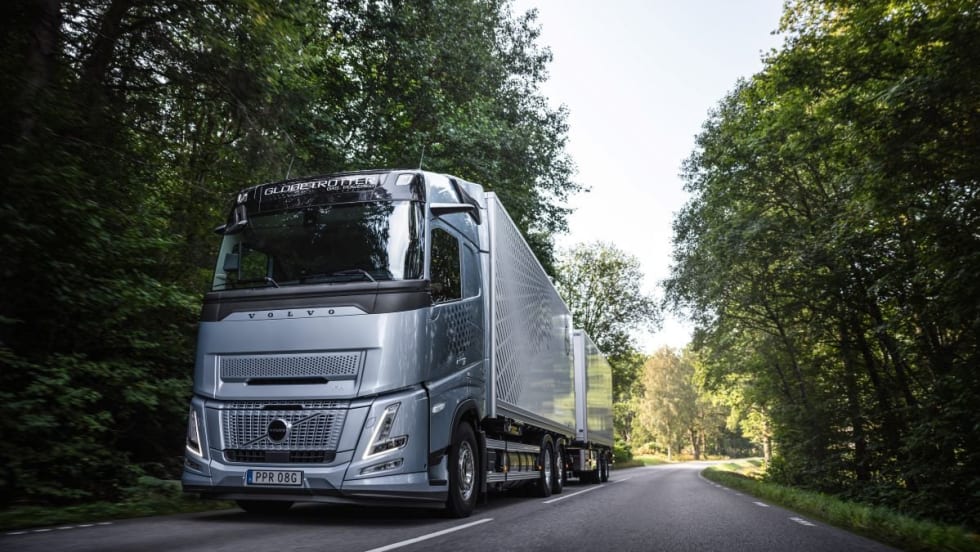Trailer orders in October fell by around 40% amid continuing caution by trailer manufacturers about overbooking the first half of 2022. October is the traditional start of the fall ordering season for the following year. However, this is far from a normal year.
FTR reports trailer orders dipped in October to 16,800 units, down 41% month over month. It’s down 70% compared to a record-setting October last year. Trailer orders for the past 12 months now total 277,000.
ACT Research numbers were slightly better, showing October net U.S. trailer orders of 17,405 units were down more than 38% from the previous month and nearly 69% lower compared to October of 2020. Before accounting for cancellations, new orders of 19,600 units were down almost 40% versus September, and 66% lower than the previous October, ACT reports. It also said year-to-date net orders and new orders for the first 10 months of 2021 were about 10% lower compared to the same time period in 2020, which included the COVID-stricken spring data.

ACT Research said year-to-date net orders and new orders for the first 10 months of 2021 were about 10% lower compared to the same time period in 2020, which included the COVID-stricken spring data.
ACT Research
“It’s obvious that market uncertainties are preventing OEMs from commencing the industry’s normal order season," said Frank Maly, director of commercial vehicle transportation analysis at ACT Research. "Challenges of supply-chain bottlenecks, labor shortages, and material and component prices are forcing OEMs to proceed very cautiously,”
A few OEMs had decent order totals, but most held back on slotting their 2022 commitments due to uncertainty about production capability, FTR noted, especially in the first quarter, as the supply chain remains clogged and labor availability is restricted. The major OEMs are rolling unbuilt 2021 orders into 2022 and filling any gaps with new orders.
“Orders have been tepid all year,” said Don Ake, FTR vice president of commercial vehicles, but that’s not due to a lack of demand by fleets. “The challenge for many OEMs is not to acquire more backlog, but to manage the backlog they have,” he explained. “Fleets need lots of new trailers; however, the manufacturers are being careful about how and when to slot these commitments into the build schedule.”
Some OEMs that are booking orders beyond the first quarter, Ake said, are turning to material surcharges to price trailers fairly due to commodity prices that are high and volatile. “Fleets do want to get their orders scheduled for next year, but that may happen only a month or two at a time,” he said.
Dry Van vs. Reefer Orders
The major impact on October data came from the dry van category, said ACT's Maly. “After a cautious bit of quarter-ending order acceptance, OEMs became much more careful about extending the order-board horizon excessively,"
However, reefer trailers posted what Maly called “a very solid month-over-month increase in net orders.
“While net reefer orders in October are still well below normal industry volume, they outpaced the total for the entire third quarter,” Maly said.

Despite net order ratio gains, fleet demand for trailers continues to outpace OEM abilities to manufacture them.
ACT Research
“Expect order acceptance to be closely managed for the foreseeable future,” Maly said, "with OEM challenges including the current strong backlogs that commit many of them for a major portion of next year and their inability to ramp production volume in response to surging fleet demand.”
Order numbers will continue to understate the true demand for trailers, said FTR, until the supply chain allows OEMs to complete their bookings for 2022.





